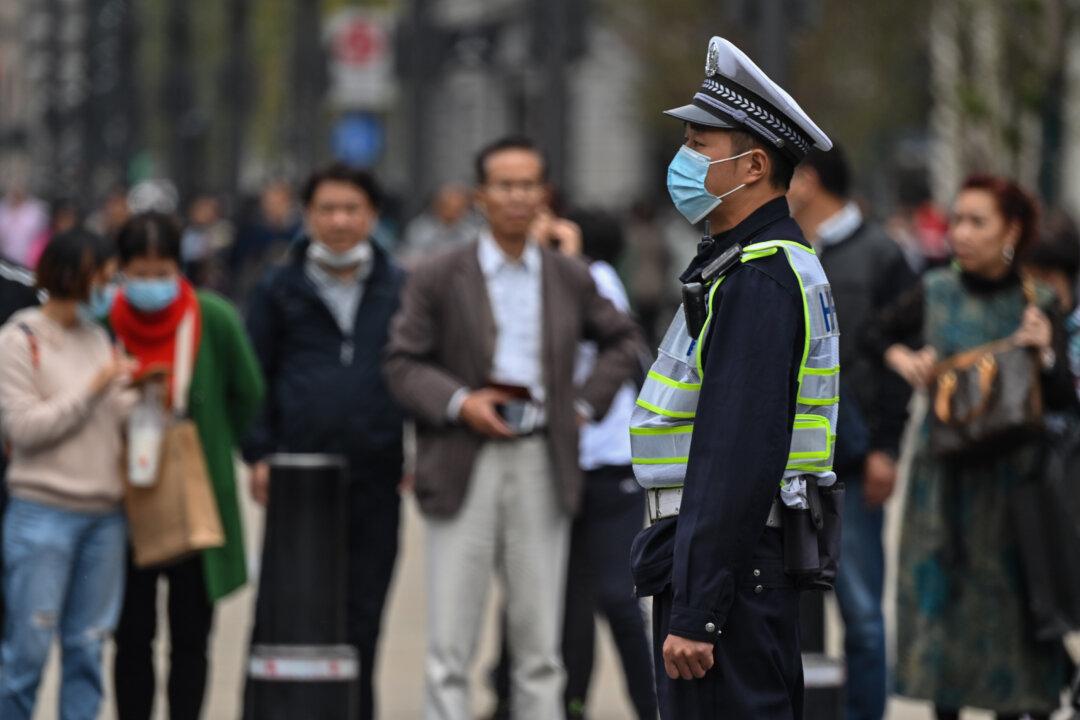China’s most populous city has stepped up virus control measures despite assuring the public about a limited COVID-19 spread, claims that contradict accounts from local residents.
Shanghai, a global financial hub located on China’s east coast, has reported only three domestic virus infections since mid-March, attributing virtually all recent flare-ups to cases “imported” from overseas.





